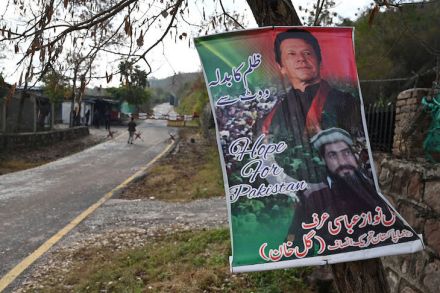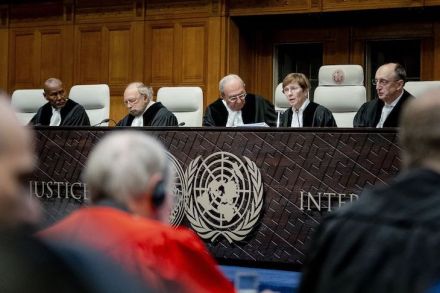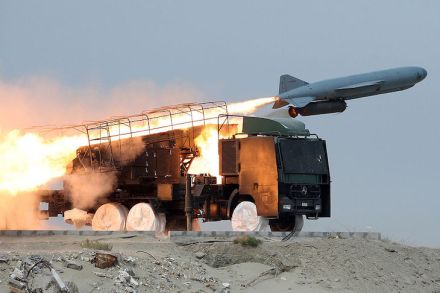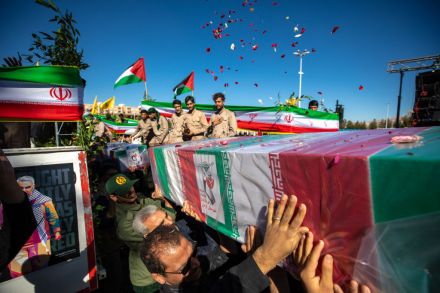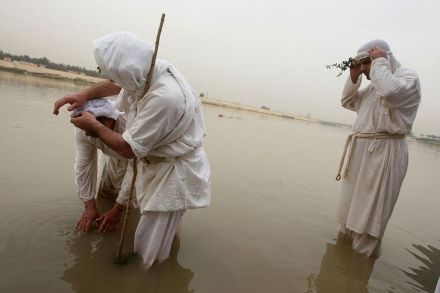Pakistani politics is like a Monopoly game
The levels of cynicism and disillusionment surrounding the upcoming parliamentary elections in Pakistan – due to take place tomorrow – are remarkable, even for a country with a chequered democratic tradition. Few people believe the vote will be free or fair, with widespread speculation that the country’s all-powerful military has already decided the result and will stop at nothing to get its way. Put simply, the election is a charade. This is how things stand. The country’s former prime minister, Imran Khan, is in jail. More on him later. Another former leader, Nawaz Sharif, who was in exile after his own spell in jail, has returned home, and all outstanding cases against
